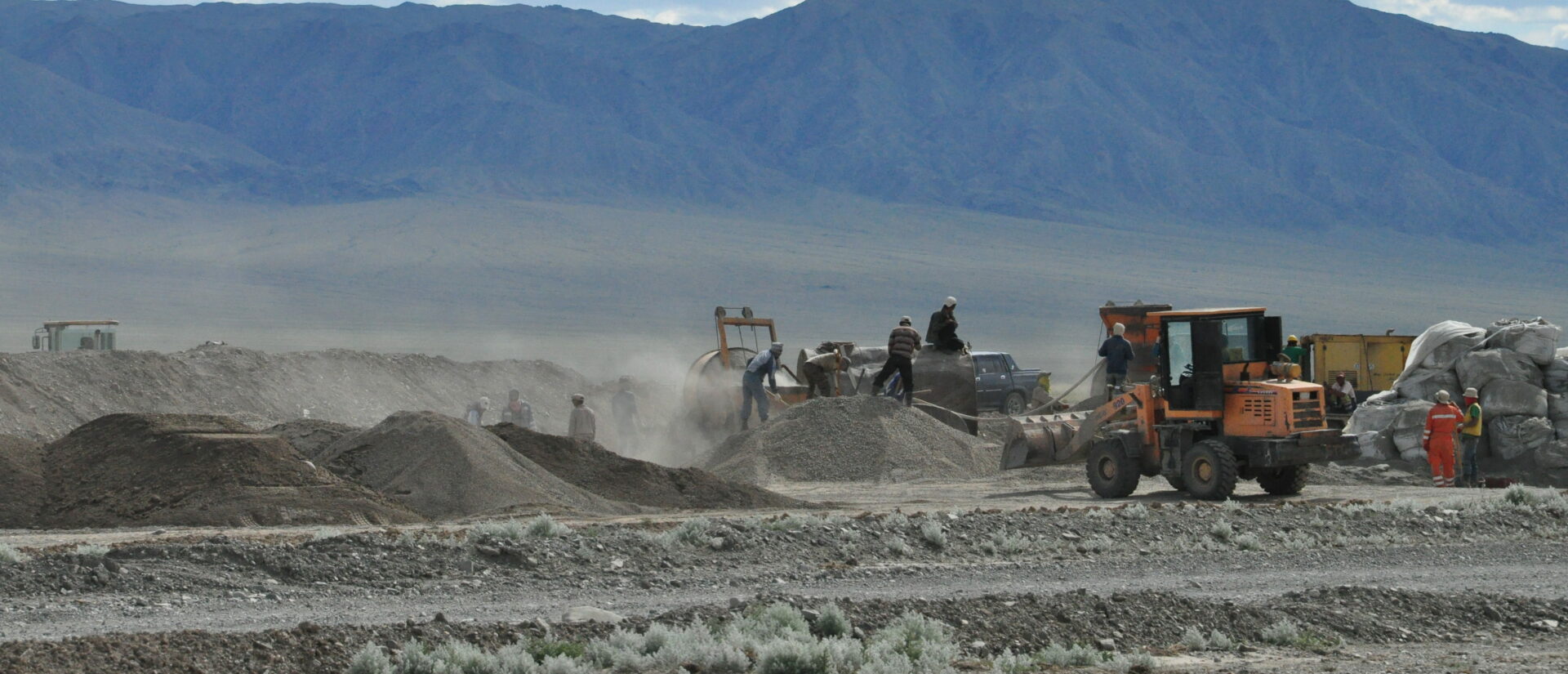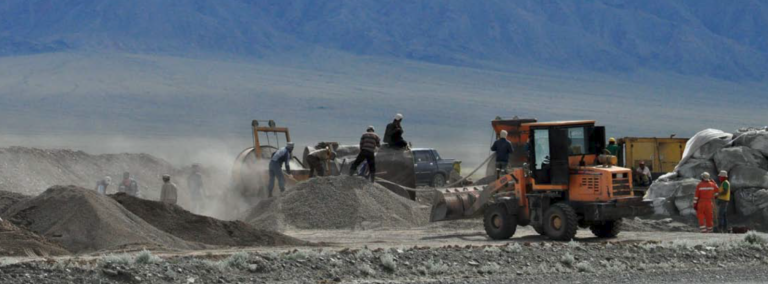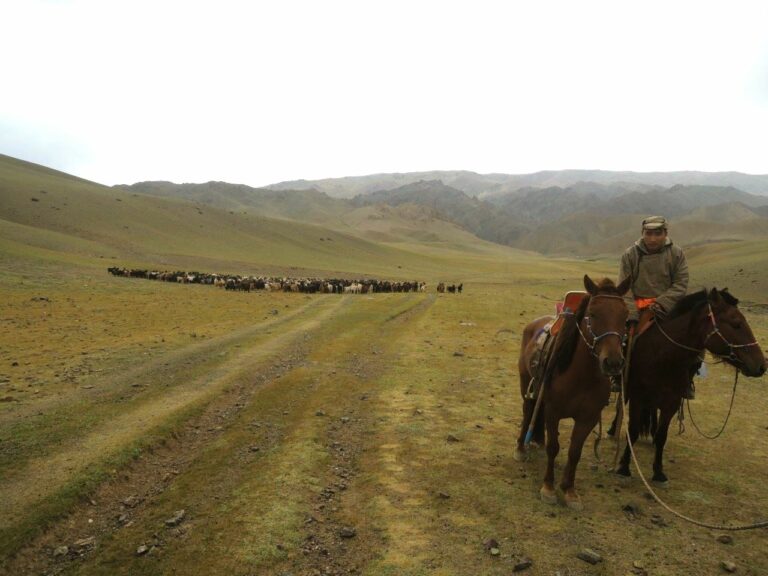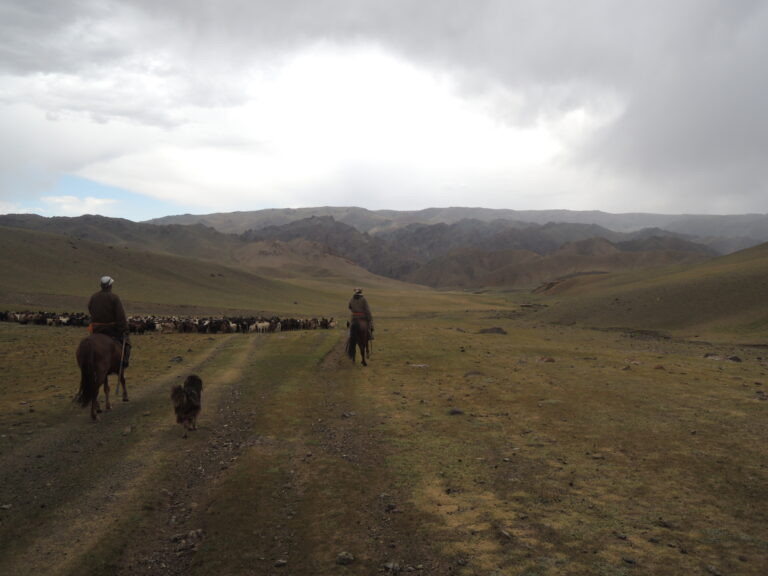
Using business strategy analysis as a frame for human rights research
Today SOMO is releasing a case study on the Mongolian mining company Altain Khuder, as part of a larger series on the impacts of the global iron ore sector. This report aims to provide insight into Altain Khuder’s business strategies and how these are linked to human rights impacts on nomadic herders in rural Mongolia. The report shows that commonly used research methodologies can be significantly enhanced when the ethical and legal frames are complemented with a business strategy analysis.
Impacts of the global iron ore sector
Business strategy analysis is a method to analyse the competitive context in which a company operates and how companies position themselves relative to its competitors. Business strategy analysis is primarily used by corporate strategists, investment bankers, consultants and entrepreneurs to assess the viability of a business plan and the attractiveness of a potential investment. However, these same tools are also highly valuable in the field of business and human rights, as they can be used by watchdog groups to better understand the background to human rights violations, by sustainable investors to assess risks of potential human rights violations, and by civil society groups to develop effective strategies of lobby and advocacy towards the private sector.
Impact versus competitive environment
The first step in developing this case study was to document the adverse impacts as experienced by local herder communities. This information was gathered during a fact-finding mission to the herder communities living around the Altain Khuder iron ore mine in August 2014. The outcomes of this mission were published in a separate report, which provides details on the experiences of the nomadic herders and their families, who are suffering from health issues, displacement and intimidation.
To use the business strategy analysis as a frame for interpreting these impacts, the next step was to outline the competitive environment in which the company is active. Companies never operate in isolation, but are part of a system of forces including peers or competitors, clients, suppliers, investors and financiers. Companies also operate under various regulatory regimes including governments, as well as national and international trade and investment agreements. The particular characteristics of the country and of the dynamics of the sector provide crucial insight into why a company makes certain strategic decisions.
Steep drop in global iron ore prices
In the case of Altain Khuder, our analysis shows how the company is impacted by the steep drop in global iron ore prices in 2014. Iron ore prices have become highly volatile over the last years, and companies need to ensure flexibility in order to respond to such developments. The case study demonstrates how an element of the company’s competitive environment (volatility of global iron ore prices) heightens the risk of adverse impacts on local stakeholders (future resettlements taking place in a hurried fashion).
Within their competitive environments, businesses make strategic decisions to position themselves relative to other companies, in order to seek a competitive advantage. When successful, such strategic actions create value for the company and its shareholders. However, these same decisions can also be the direct cause for adverse impacts on other stakeholders. For example, the health impacts for herders and their animals in Mongolia are directly related to the construction of a new paved road running from Altain Khuder’s mine to the Chinese border, close to where its customers are located. The construction of the road is a key element of the company’s business strategy of reducing transportation costs of its ore and banking on the geographical location of the mine, as it is located closer to the steel mills in western China than any of its competitors.
The case study published today is the first in a series of reports that SOMO will publish on companies active in the iron ore sector. Using the business strategy analysis in each of these case studies, we hope to identify a number of structural factors that explain human rights impacts at iron ore mines in countries such as Mongolia, Sierra Leone or Liberia. Lobby and advocacy on the basis of a better understanding of business strategies can lead to a faster and more effective process of remedy for human rights victims.
Do you need more information?
-

Lydia de Leeuw
Researcher
Related content
-

-

-

-
 European Development Bank accepts complaint submitted by Mongolian herders about iron ore mining companyPosted in category:NewsPublished on:
European Development Bank accepts complaint submitted by Mongolian herders about iron ore mining companyPosted in category:NewsPublished on:

